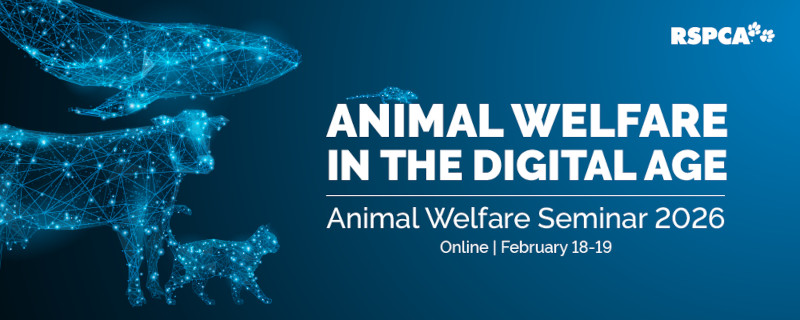A totally humane pest control method is one where the animal experiences no pain suffering or distress. In the case of lethal control humane killing is defined as an immediate and irreversible loss of consciousness followed by cardiac or respiratory arrest and the ultimate loss of brain function. This is difficult to achieve even in very controlled circumstances. Consequently it is often appropriate to use humaneness as a relative term: when we talk of relative humaneness we mean causing more or less pain suffering or distress.
The concept of relative humaneness is important because of the impact it has in practice: every step towards minimising pain, suffering and distress is a step towards a more acceptable and humane practice. The assessment of the humaneness of a particular control technique or practice requires detailed research and consideration of the associated risks and benefits. Different techniques may be more or less humane depending on the species being controlled, non-target risks, and the way in which each technique is applied.

